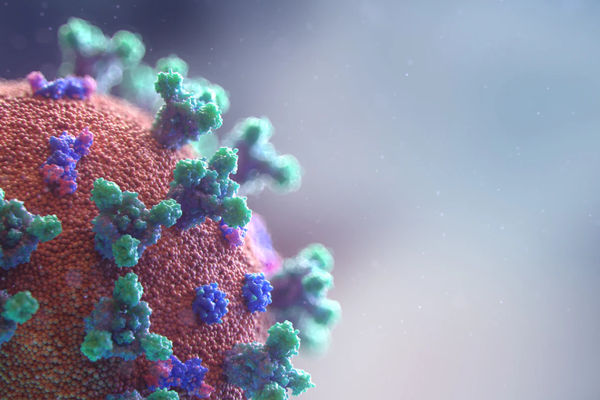On Wednesday, students received a Furman Focused email which included the announcement that Furman “has purchased several state-of-the-art telethermographic temperature scanners with grant funding awarded through the South Carolina Coronavirus Emergency Supplemental Funding Program.” The administration plans to place these scanners around campus so that students can check their temperatures and complete their daily health screenings in an effort to prevent the spread of COVID-19. There’s only one problem: temperature screenings don’t prevent the spread of COVID-19. At a moment when every dollar counts, Furman is making an unwise investment.
Experts have been raising doubts about the efficacy of temperature checks for months, and some have even called the practice “medical theater.” Fever is indeed a common symptom of COVID, but those with a fever are usually sick enough to know that something is wrong and that they shouldn’t be out and about on campus. In contrast, asymptomatic spreaders — those we should most want to identify and contain — are by definition feverless. Furman is already testing random samples of asymptomatic students on a regular basis, and all students are supposed to fill out a symptom check form daily. The idea that temperature screenings add to our ability to catch and isolate COVID cases in any meaningful way is dubious at best.
The email’s authors posit that the new temperature scanners will “[make] it easy to complete your daily health screening.” They are correct in their implication that the daily screening survey is one of the most under-utilized components of Furman’s COVID response. It’s also one that the university has failed to enforce. Students — myself included — forget to report their status for days on end and suffer no consequences for it. Yard signs outside the DH meant to remind students to fill out the survey haven’t done the trick, and I doubt that temperature scanners in the library would fare any better. If the daily health screening is truly important, it should be tied to campus amenities through swipe cards and the GET app. If you haven’t filled out the form in the past 24 hours, your ability to swipe into the DH or the library should be frozen until you do so. That would provide much more powerful motivation to comply with the Paladin Promise than the presence of temperature scanners would.
I recognize that the money for the scanners came from a grant, so it may be “free money” that the university might not be able to access otherwise. Even if that is the case, we ought to be directing our money, resources and grant-writing manpower elsewhere. We could be expanding our testing capacity, saving money in case of a big outbreak, or investing in ways to improve the student experience, such as providing resources for a phased return to practice for club sports — a program that involves at least 12% of the student body. Even if temp checks provide some marginal benefit, in relative terms they feel like a waste.
Political philosopher Jennifer Frey draws a distinction between expertise and wisdom. Expertise pertains to training, experience and practice within a specific domain of knowledge, while political wisdom is the capacity to “judge, in the particular, changing circumstances of life, what laws, orders, or policies will promote and protect [the] common good.” Both are necessary for good governance. Furman’s decision to spend time, energy and money acquiring state-of-the-art temperature scanners represents a failure in both respects. Checking temperatures “makes you feel like you’re doing something,” but it doesn’t comport with the best of the scientific evidence on preventing coronavirus transmission, nor does it promote the common good that a low rate of transmission is needed to achieve. Furman’s COVID policies have worked remarkably well thus far this semester, but fancy thermometers are not going to make them any better.
